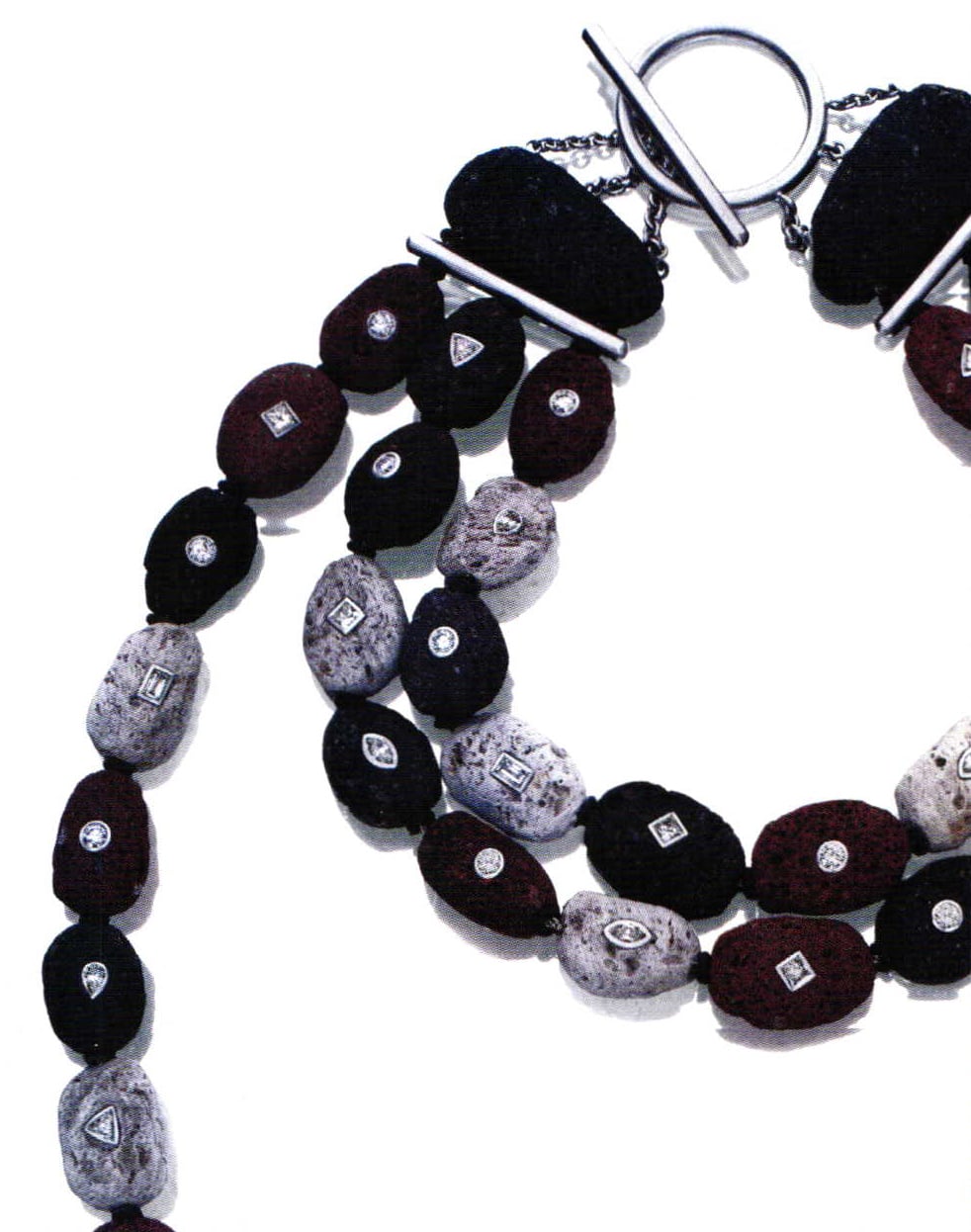Wiring Media Part 1
4 Minute Read
Regardless of whether you might run a one person shop or manage legions of employees, constant media liaisons just do not go away if you wish to be known for what you do. Targeting creative professions above all, a two-part report concerning sensible and fruitful cooperation with representatives of all branches of the media is intended to provide publicity novices with support in their endeavors to make a name of themselves.
Specifically newly founded and without doubt small companies tend to neglect their media liaisons. Whatsoever there is in terms of concentration and energy is spent on dreaming up and fashioning the finished product, and there is often insufficient time, money and know-how to publicize its emergence, although it is often specifically the newcomers and "lone sharks" who offer particularly creative, innovative and unusual ideas that would be worth reporting on. Fantastic products aside, the creative industry often forgets to advertise its achievements, or does so insufficiently. This is all the more unfortunate, as this self-inflicted anonymously whirls up scant to no public interest, stripping demand in its way. This is often a result of ignorance that a fairly surmountable investment in terms of time and money can lead to most gratifying media resonance. There is no urgent need, for example, to appoint a Media Liaison Officer immediately after a company has been founded. Good and mutually beneficial cooperation requires far more instead knowledge of the world of media, the people who work in it, their tasks, everyday lives, interests and how they fill their days and to maintain constant contact with them. This does not mean that the quality of information and press releases is without importance- but the perfection of its production is not the main focus of interest.
One hand washes the other:
We are often entirely unaware of things that the media do not report on. On the other hand, how can they report on things about which they themselves are unaware and uninformed on? Constant, mutual networking pays its way. For both sides.
Cause and effect
First of all it is important to understand what it is one wishes to achieve in media liaisons. After all, it is the premise (Who should hear this report? What is it that readers/listeners/viewers are meant to find out about my product? What kind of reaction do I expect the publication to trigger among readers/listeners/viewers?) that dictates which branch of the media should be informed.
The following distinction is made.
- Print media
Newspapers are published on a regional or national basis, daily, weekly or on a certain day of the week (local daily newspapers, regional or national newspapers, weekly newspapers and weekend editions, etc.)
Popular magazines are published every fortnight or on a monthly or quarterly basis and differ mainly due to their focus on certain topics, e.g. women/fashion, art/culture, cars/motorcycles or house, home and garden, etc. Specialist journals are frequently targeted at representatives of a certain profession, those interested in specific fields or people with distinct hobbies
- Electronic media
Radio: a distinction is made in this cont between public and private radio broadcasters
Television: this area also has the same distinction between public and private broadcasters
Internet: can respond extremely quickly to current changes and is accessible around the world at any time
Anyone wishing to publicize information via the media (concerning a new product, cooperation with other manufacturers, an upcoming exhibition or such like) is faced with the question of the suitable media, depending on the information at hand, the desired target group and the currency of news. There is not much point in giving all and sundry media representatives the same information, without giving consideration to which medium will be publicized at which time. There is a certain senselessness, for example, of informing a specialist journal on interior design, published nationally every month, about a jewelry exhibition, held locally, even if one has the clear desire to see oneself once in its calendar of events, however attractive it may be. Providing information, in this case by the jewelry designer, should not only take into consideration the period of advance notice that the various media require for production, but should also ensure that journalists and editors are aware precisely of what their audience would be interested in, instead of burying them under an avalanche of unsolicited and therefore useless news.
In the next edition: networking skills and instruments of press liaisons: how to design the best possible mailing list and what are the most important elements of a press portfolio?
by Christel Trimborn
You assume all responsibility and risk for the use of the safety resources available on or through this web page. The International Gem Society LLC does not assume any liability for the materials, information and opinions provided on, or available through, this web page. No advice or information provided by this website shall create any warranty. Reliance on such advice, information or the content of this web page is solely at your own risk, including without limitation any safety guidelines, resources or precautions, or any other information related to safety that may be available on or through this web page. The International Gem Society LLC disclaims any liability for injury, death or damages resulting from the use thereof.
The All-In-One Jewelry Making Solution At Your Fingertips
When you join the Ganoksin community, you get the tools you need to take your work to the next level.
Trusted Jewelry Making Information & Techniques
Sign up to receive the latest articles, techniques, and inspirations with our free newsletter.
